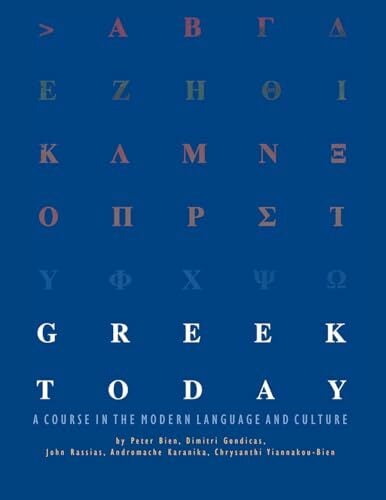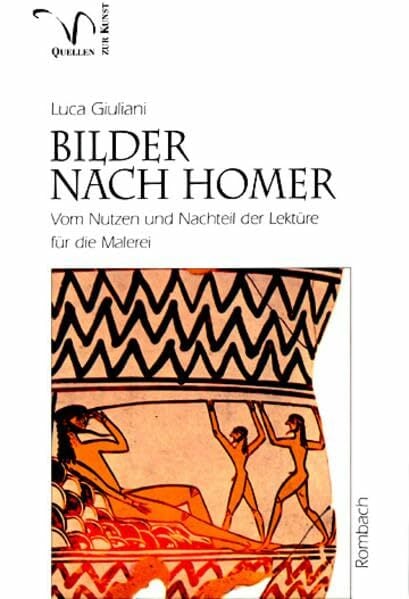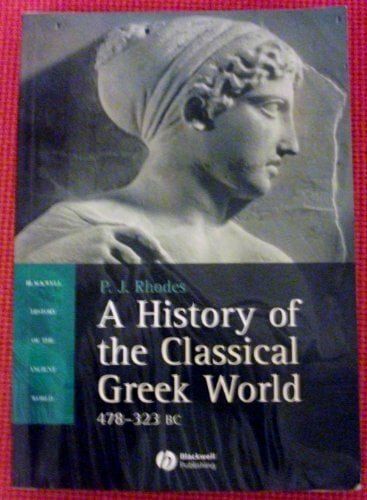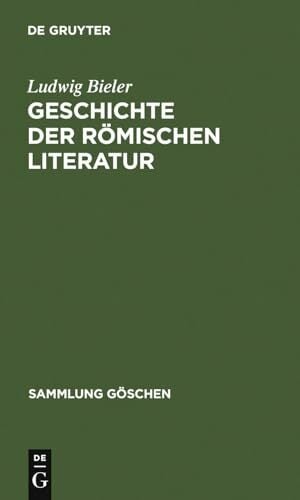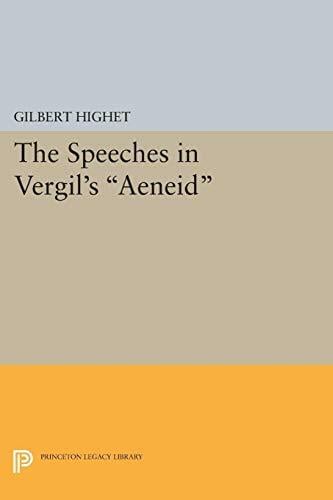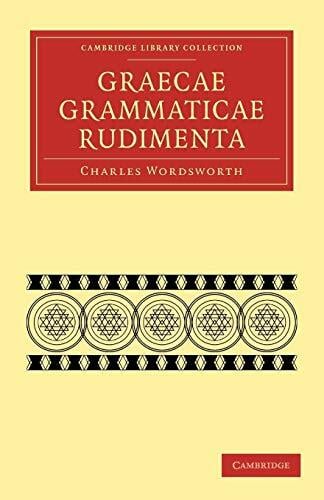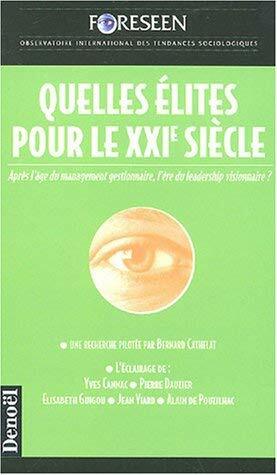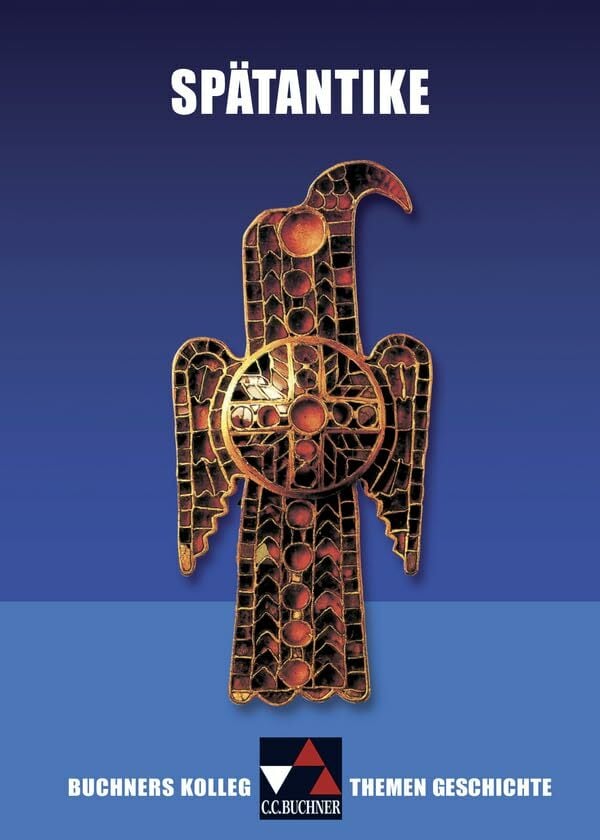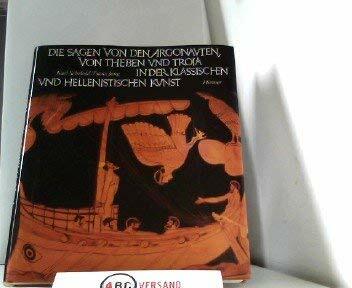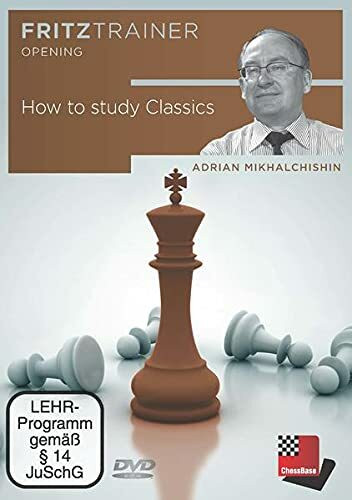
How to study Classics
Kurzinformation
inkl. MwSt. Versandinformationen
Artikel zZt. nicht lieferbar
Artikel zZt. nicht lieferbar

Beschreibung
Adrian Mikhalchishin: How to study Classics Chess education is based on examples of great players of the past. Most of the typical methods of attack, analogical plans, and correct ways of conducting different ends happened first time in their games. On the basis of these games numerous books were written about endgame subjects and endgame technique. Even about openings the great Alexander Alekhine said that it is simply the practice of the masters! Naturally every developing player has to study these examples, as he will face similar positions and problems in his practice. The more a player knows of these positions, the more frequently he will be able to apply the necessary ideas in the correct way. Of course, there are many basic positions in endgames and exact variations in the openings, which have to be remembered by heart. But the greatest part of the endgame and middlegame play consists of knowledge of typical plans and typical tactical motifs, which can be used for different purposes. To help to attack the opponent's king or simply to help conducting plans faster and more effectively. Every young player has to study them and it is possible just from the games of the great players. Vladimir Kramnik once told, that at the moment when he decided to fight for the World Championship, he spent one year just analysing all the matches of the WC. In general, we have to study classics in two ways: 1) As we explained, in the books on endgame and middlegame. Different important subjects are studied from the selected games of the greats. 2) Every top player had his or her own speciality. Like Rubinstein was the greatest master of the 'exchange technique', Botvinnik was master of 'centralization' and Alekhine was the greatest player in developing opening initiative. Each ¿¿ them had extraordinarily instructive examples about their own favorite methods. Another problem exists - in the chess world we don't have many good books on the middlegame and for this reason young players have problems about how to study classics. Different tactical methods exist and for these subjects we have plenty of good literature. We will present a few examples on how the same tactical methods were developed by the top players and how more complicated it became by the years. The same situation is with development of typical plans in classical structures. . Video running time: more than 5 hours (English) . With interactive training including video feedback . Extra: Database with Classical Games Adrian Mikhalchishin, a Grandmaster since 1978, is currently among the top 5 world trainers and the Chairman of the FIDE Trainers' Commission. He trained the team of USSR in 1980's, national teams of Slovenia, Poland and the Netherlands, and was the trainer of Anatoly Karpov (1980-1986), trained Zsuzsa Polgar, Alexander Beliavsky, Maja Chiburdanidze, Arkadij Naiditsch and Vassily Ivanchuk. von Mikhalchishin, Adrian
Produktdetails

So garantieren wir Dir zu jeder Zeit Premiumqualität.
Über den Autor
Adrian Mikhalchishin, a Grandmaster since 1978, is currently among the top 5 world trainers and the Chairman of the FIDE Trainers' Commission. He trained the team of USSR in 1980's, national teams of Slovenia, Poland and the Netherlands, and was the trainer of Anatoly Karpov (1980-1986), trained Zsuzsa Polgar, Alexander Beliavsky, Maja Chiburdanidze, Arkadij Naiditsch and Vassily Ivanchuk

- hardcover
- 232 Seiten
- Erschienen 1988
- Cambridge University Press

- paperback
- 434 Seiten
- Erschienen 2004
- Focus Publishing/R Pullins ...

- Hardcover
- 528 Seiten
- Erschienen 2010
- Wiley-Blackwell

- Gebunden
- 272 Seiten
- Erschienen 2018
- Buchner, C.C.

- Gebunden
- 152 Seiten
- Erschienen 2014
- Vandenhoeck & Ruprecht

- Gebunden
- 228 Seiten
- Erschienen 2021
- Buchner, C.C.

- Gebunden
- 389 Seiten
- Erschienen 2022
- Meiner, F

- hardcover
- 792 Seiten
- Erschienen 1997
- Teubner

- Gebunden
- 248 Seiten
- Erschienen 2020
- Buchner, C.C.

- Gebunden
- 117 Seiten
- Erschienen 2015
- Verlag Ferdinand Schöningh ...
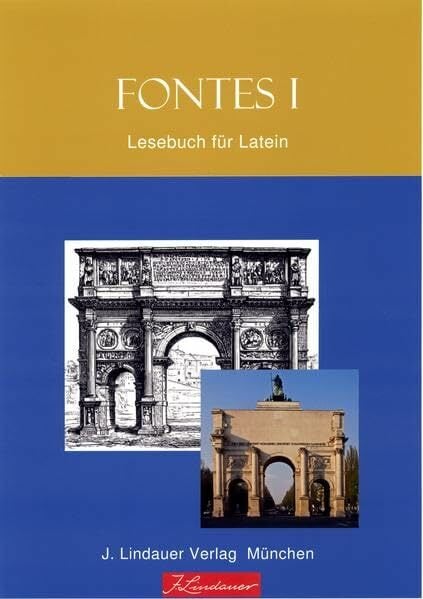
- paperback
- 248 Seiten
- Erschienen 2012
- Lindauer, J

- hardcover
- 532 Seiten
- Erschienen 1981
- Klett-Cotta

- Kartoniert
- 196 Seiten
- Erschienen 1980
- Westermann Bildungsmedien V...










